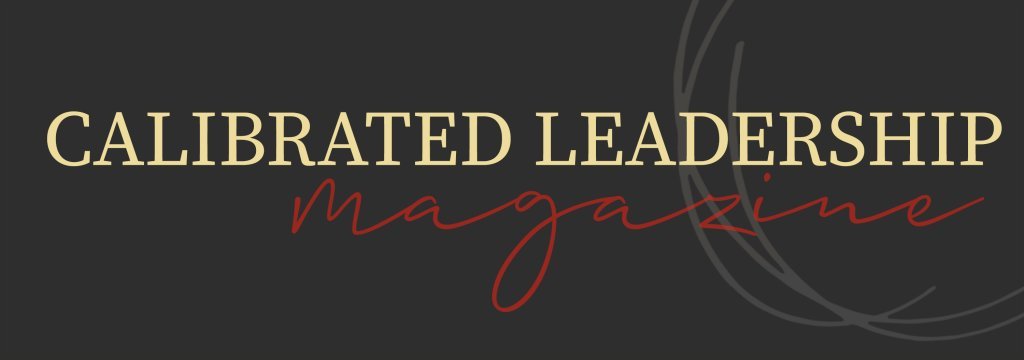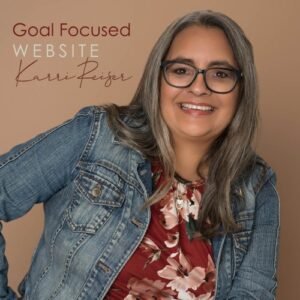
Thinking about selling your expertise as a coach or consultant to Corporates?
- Issue: Spring 2022
- Business
- Written by: Miriam Gilbert
If you have never sold your services to corporates before, it can be easy to wonder what is involved in actually packaging your expertise into some form of program. You might think that your material needs to be very smart so that you are seen as a professional and that it includes swanky powerpoints, smart technology, maybe an app, or some fancy printed hand-outs. But actually, the programs that I and my students have sold for multiple 5-figures to individual large business clients featured nothing like that.
Real-world examples of high-ticket corporate programs
A program that I sold recently that made me $20k for 1.5 days of work consisted of 5 simple PowerPoint slides, 10 pieces of flipchart paper with marker-drawn lines, and some words, and a ton of post-it notes. This was the 5th time this client had hired me over the years, as well as recommended me to others in their organization.

Similarly, I have seen my students create very successful corporate programs with just a few slides and simple word documents as handouts – no fancy graphics or complicated technology needed.
The reason why these programs are so successful is that they focus on creating very specific, tangible outcomes for the client.
And that simple fact sets them apart from the offers by generic training providers (and 95% of other coaches AND lets them charge significantly higher than the average training or coaching provider can.
The downside of generic programs
Many providers in the coaching, consulting, and training industry create standard, templated programs that address generic challenges a client might have. Topics like “Leadership Development”, “Improving Internal Communication” or “Building Resilient Teams”.
What these kinds of programs have in common is that despite their claims of being customized, they are really templated, one-format fits all offerings.
As a result, they are vague on the exact outcomes they provide.
It doesn’t help that they are often delivered by highly skilled professionals, the very fact that there are so many of them that are all similar means that they become a commodity.
And as a commodity, they are open to the threat of being compared on price.
As someone who authorized literally millions of $$$ of purchases of coaching, consulting, and other services, I know that when corporate decision-makers perceive a certain service as a commodity, their standard approach is to get three comparable quotes and then make a decision – and yes, becomes an important factor in that decision.
Hence these training companies need to use fancy presentations, technology, and expensively printed materials to counter the tendency of HR and L&D departments to try to negotiate the training providers down on price.
However, the price challenge goes away when the corporate sees you as an expert.
When you don’t offer cookie-cutter solutions, and instead act as a true expert and genuinely tailor your work to the specific needs of a client, you can sidestep this problem completely – which also means you don’t need any fancy materials.
How does it work in practice?
A lot people ask: do I have to reinvent the wheel each time for a new client?
No, of course not!
As an expert in your field, you will have a toolkit of methods and approaches that you know work to get results and you can use them again and again – just arranged and tweaked for each client.
(and yes, they often are the very same ones that you use with your individual clients!)
In my own case, for example, I think of the various tools and techniques I use as a box of Lego bricks – the basic bricks are always the same, but I change the way I put them together depending on what my client needs from each session.
Let me give you a few examples of how this works if you are a wellness coach.
THE GENERIC APPROACH (to be avoided):
Offer a standard approach to give employees advice about nutrition, some tips for exercising, and a few ideas about using mindfulness.
Packaged this way, you will be competing with all the other wellness coaches and companies giving the same type of advice – and struggle to charge more than a going market rate.
THE EXPERT APPROACH:
Focus on providing specific, tangible outcomes for your clients by doing this:
Through your discovery call with the client, you know that your prospect wants to reduce employee stress to reduce sickness absence.
In your conversations, you notice that their managers need to become aware of the daily stressors their people experience, so you facilitate an open dialogue between them.
This takes the form of 3x90min sessions with minimal materials required (maybe a couple of simple slides, some flipcharts if delivering in person), where you explain approaches to stress reduction and wellness improvements, share some practical tips for quick help, and at the end, you help them create an action plan to mitigate the biggest stressors.
You ask the participants to report their perceived stress levels before and after the session and report the improvement as the outcome of your work, together with the action plan.
(The smart money is in then following up on that action plan to measure the further improvement this company is experiencing and offer more support where needed!)
Based on the expert approach, the outcome of your work is:
• Actionable insights what’s causing stress
• Reduced stress levels among participants when they apply the quick help tips
• A detailed action plan to reduce stress for the long-term
Because this is highly customized and has a very tangible outcome, you can charge anything from $5k-$20k for those 3x 90min sessions.
This simple example shows you that you don’t have to limit yourself to the standard approaches to provide services in your field to Corporates (aka templated solutions) but instead create different offers on the same topic, in this case, employee wellness, that is highly customized and thus highly paid.

Founder and CEO at Impactfulness Lab


